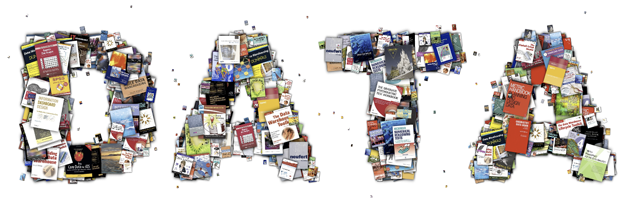
Open data is important to humanitarian aid organizations as it can help improve decision-making, increase transparency, facilitate collaboration, improve response times, better allocate resources, and evaluate the impact of their work.
Six Open Data Benefits to Aid Organizations
- Improved decision-making: Open data can provide humanitarian organizations with a more comprehensive and accurate understanding of the situation on the ground, which can help inform their decision-making processes.
- Increased transparency: By making data openly available, humanitarian organizations can demonstrate their commitment to transparency and accountability, which can help build trust with stakeholders.
- Better collaboration: Open data can help facilitate collaboration between humanitarian organizations, governments, and other stakeholders, as they can all access the same information and work together more effectively.
- Improved response times: Open data can help humanitarian organizations respond more quickly and effectively to emergencies by providing real-time information about the situation on the ground.
- Better allocation of resources: With access to open data, humanitarian organizations can make more informed decisions about how to allocate resources, ensuring that they reach those who need them most.
- Better evaluation of impact: Open data can also help humanitarian organizations evaluate the impact of their work, as they can compare data from before and after their interventions to see the changes that have occurred.
Six Practices to Increase Digital Inclusion – Your Weekend Long Reads
UNESCO, in partnership with Pearson, has released the final batch of case studies of digital solutions that are inclusive for people with low skills and low...
How to Manage Data and Measure Our Success in International Development
If the last ten years are an indicator of what to expect in the coming ten years, data will be one of the most sought-after commodities for measuring success in...
Don’t Be Strava: Six Ways to Break Your Data Stockholm Syndrome
In the last few days, there has been a lot of hand-wringing after Strava, a run tracking app, published a global heat map of its users’ exercise paths. As it...
4 Best Practices for Responsible Data in Agriculture
The agriculture sector is creating increasing amounts of data, from many different sources. From tractors equipped with GPS tracking, to open data released by government...
Please Help USAID Develop Responsible Data Practices for Digital Development
Are you managing personally identifiable data? Have you struggled with the need to share, yet protect sensitive data? Do you worry about privacy risks and want...
3 Reasons Why Big Data Should Not Be Open Data
Recently, Bill Kedrock wrote that Big Data Needs to be Open Data, based on a presentation by Dr. Debisi Araba at MERLTech 2016. Bill concluded by calling for donors...
How Do We Make Open Data Useful in East Africa?
“What is the use of open data that makes it relevant for everyone?” This candid question was raised at the East Africa Open Data Fest held in Nairobi in August....
Big Data Needs to be Open Data
Big data. We hear about it regularly, but for someone who is a bit of a techno-slug, who moves at a slow pace of adoption, I wonder sometimes just where all this...
9 Data Sets to Improve Your ICTforAg Programs
At the recent ICTforAg Conference, the “What Works for Ag Data: Apps, Tools, and Visualizations” session brought together three digital development professionals...
The Status of Open Data Initiatives in West Africa
Open data offers many improvements for governance and services. As technology allows for more interoperability and a stronger free-flow of information, the government...










